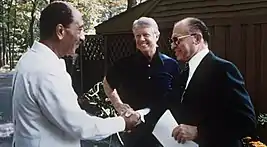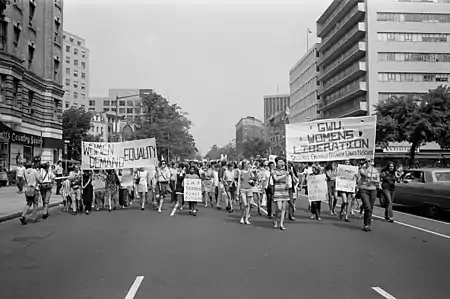The 1970s Portal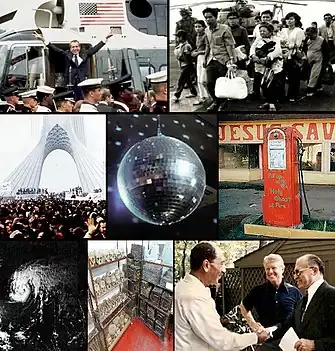 Clockwise from top left: U.S. President Richard Nixon doing the V for Victory sign after his resignation from office following the Watergate scandal in 1974; The United States was still involved in the Vietnam War in the early decade. The New York Times leaked information regarding the nation's involvement in the war. Political pressure led to America's withdrawal from the war in 1973, and the Fall of Saigon in 1975; the 1973 oil crisis puts the United States in gridlock and causes economic damage throughout the developed world; both the leaders of Israel and Egypt shake hands after the signing of the Camp David Accords in 1978; in 1971, the Pakistan Armed Forces commits the 1971 Bangladesh genocide to curb independence movements in East Pakistan, killing 300,000 to 3,000,000 people; this consequently leads to the Bangladesh Liberation War; the 1970 Bhola cyclone kills an estimated 500,000 people in the densely populated Ganges Delta region of East Pakistan in November 1970, and became the deadliest natural disaster in 40 years; the Iranian Revolution of 1979 ousts Mohammad Reza Pahlavi who is later replaced by an Islamic theocracy led by Ayatollah Khomeini, meanwhile, American hostages would be held by Iran until 1981; the popularity of the disco music genre peaks during the mid-to-late 1970s. The 1970s (pronounced "nineteen-seventies"; commonly shortened to the "Seventies" or the "'70s") was a decade that began on January 1, 1970, and ended on December 31, 1979. In the 21st century, historians have increasingly portrayed the 1970s as a "pivot of change" in world history, focusing especially on the economic upheavals[1] that followed the end of the postwar economic boom.[2] On a global scale, it was characterized by frequent coups, domestic conflicts and civil wars, and various political upheavals and armed conflicts which arose from or were related to decolonization, and the global struggle between NATO, the Warsaw Pact, and the Non-Aligned Movement. Many regions had periods of high-intensity conflict, notably Southeast Asia, the Mideast, and Africa. In the Western world, social progressive values that began in the 1960s, such as increasing political awareness and economic liberty of women, continued to grow. In the United Kingdom, the 1979 election resulted in the victory of its Conservative leader Margaret Thatcher, the first female British Prime Minister. Industrialized countries experienced an economic recession due to an oil crisis caused by oil embargoes by the Organization of Arab Petroleum Exporting Countries. The crisis saw the first instance of stagflation which began a political and economic trend of the replacement of Keynesian economic theory with neoliberal economic theory, with the first neoliberal government coming to power with the 1973 Chilean coup d'état. The 1970s was also an era of great technological and scientific advances; since the appearance of the first commercial microprocessor, the Intel 4004 in 1971, the decade was characterised by a profound transformation of computing units – by then rudimentary, spacious machines – into the realm of portability and home accessibility. On the other hand, there were also great advances in fields such as physics, which saw the consolidation of quantum field theory at the end of the decade, mainly thanks to the confirmation of the existence of quarks and the detection of the first gauge bosons in addition to the photon, the Z boson and the gluon, part of what was christened in 1975 as the Standard Model. In Asia, the People's Republic of China's international relations changed significantly following its recognition by the United Nations, the death of Mao Zedong and the beginning of market liberalization by Mao's successors. Despite facing an oil crisis due to the OPEC embargo, the economy of Japan witnessed a large boom in this period, overtaking the economy of West Germany to become the second-largest in the world.[3] The United States withdrew its military forces from the Vietnam War. In 1979, the Soviet Union invaded Afghanistan, which led to the Soviet–Afghan War. The 1970s saw an initial increase in violence in the Middle East as Egypt and Syria declared war on Israel, but in the late 1970s, the situation in the Middle East was fundamentally altered when Egypt signed the Egyptian–Israeli Peace Treaty. Political tensions in Iran exploded with the Iranian Revolution in 1979, which overthrew the Pahlavi dynasty and established an Islamic republic under the leadership of Ayatollah Khomeini. Selected article -The 1976 Summer Olympics (French: Jeux olympiques d'été de 1976), officially known as the Games of the XXI Olympiad (French: Jeux de la XXIe Olympiade) and commonly known as Montreal 1976 (French: Montréal 1976), were an international multi-sport event held from July 17 to August 1, 1976, in Montreal, Quebec, Canada. Montreal was awarded the rights to the 1976 Games at the 69th IOC Session in Amsterdam on May 12, 1970, over the bids of Moscow and Los Angeles. It was the first and, so far, only Summer Olympic Games to be held in Canada. Toronto hosted the 1976 Summer Paralympics the same year as the Montreal Olympics, which still remains the only Summer Paralympics to be held in Canada. Calgary and Vancouver later hosted the Winter Olympic Games in 1988 and 2010, respectively. Twenty-nine countries, mostly African, boycotted the Montreal Games when the International Olympic Committee (IOC) refused to ban New Zealand, after the New Zealand national rugby union team had toured South Africa earlier in 1976 in defiance of the United Nations' calls for a sporting embargo. The Soviet Union won the most gold- and overall medals. (Full article...)Did you know (auto-generated) -
List articlesCategory puzzle Select [►] to view subcategories
1970s-related lists 1970-related lists 1971-related lists 1972-related lists 1973-related lists 1974-related lists 1975-related lists 1976-related lists 1977-related lists 1978-related lists 1979-related lists Lists of 1970s ballet premieres Lists of 1970s films 1970s politics-related lists 1970s record charts 1970s television-related lists Selected biography -Sir Edward Richard George Heath KG MBE (9 July 1916 – 17 July 2005), commonly known as Ted Heath, was a British politician who served as Prime Minister of the United Kingdom from 1970 to 1974 and Leader of the Conservative Party from 1965 to 1975. Heath also served for 51 years as a Member of Parliament from 1950 to 2001. Outside politics, Heath was a yachtsman, a musician, and an author. Born to a lady's maid and a carpenter, Heath was educated at a grammar school in Ramsgate, Kent (Chatham House Grammar School for boys) and became a leader within student politics while studying at the University of Oxford. He served as an officer in the Royal Artillery during the Second World War. He worked briefly in the Civil Service, but resigned in order to stand for Parliament, and was elected for Bexley at the 1950 election. He was promoted to become Chief Whip by Anthony Eden in 1955, and in 1959 was appointed to the Cabinet by Harold Macmillan as Minister of Labour. He later held the role of Lord Privy Seal and in 1963, was made President of the Board of Trade by Alec Douglas-Home. After the Conservatives were defeated at the 1964 election, Heath was elected as Leader of the Conservative Party in 1965, becoming Leader of the Opposition. Although he led the Conservatives to a landslide defeat at the 1966 election, he remained in the leadership, and at the 1970 election led his party to an unexpected victory. (Full article...)General images -The following are images from various 1970s-related articles on Wikipedia.
Related portalsCategories 1970s 1970 1971 1972 1973 1974 1975 1976 1977 1978 1979 1970s by city 1970s by continent 1970s by country 1970s-related lists Months in the 1970s 1970s beginnings 1970s endings 1970s decade overviews 1970s in LGBT history 1970s missing person cases 1970s architecture 1970s in the arts 1970s awards 1970s censuses 1970s competitions 1970s in computing 1970s conferences Counterculture of the 1960s 1970s disasters 1970s economic history 1970s in education 1970s in the environment 1970s events 1970s fads and trends 1970s fashion 1970s festivals Fiction set in the 1970s 1970s in film 1970s in health 1970s in law 1970s in mass media 1970s meteorology 1970s in military history 1970s in philosophy 1970s in politics Psychedelia 1970s in religion 1970s in science Sexual revolution 1970s in sports 1970s in technology 1970s toys 1970s in transport 1970s in women's history 1970s works 1970s in professional wrestling Wikiprojects
Associated WikimediaThe following Wikimedia Foundation sister projects provide more on this subject:
Sources
Discover Wikipedia using portals
|
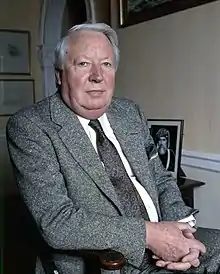
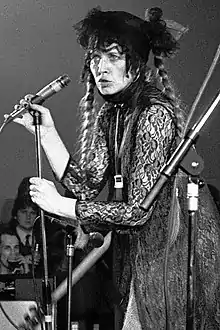

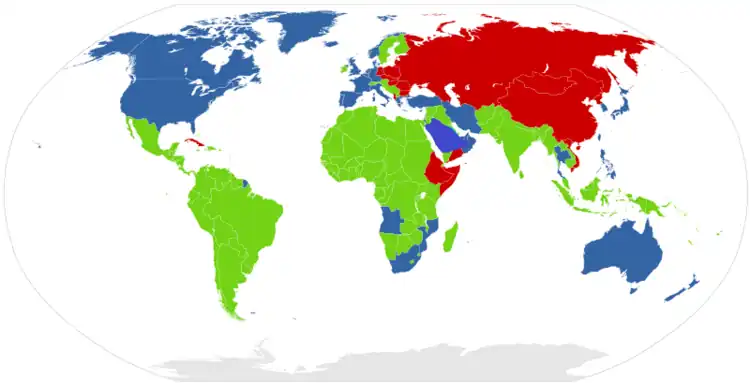



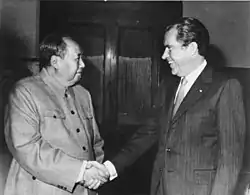







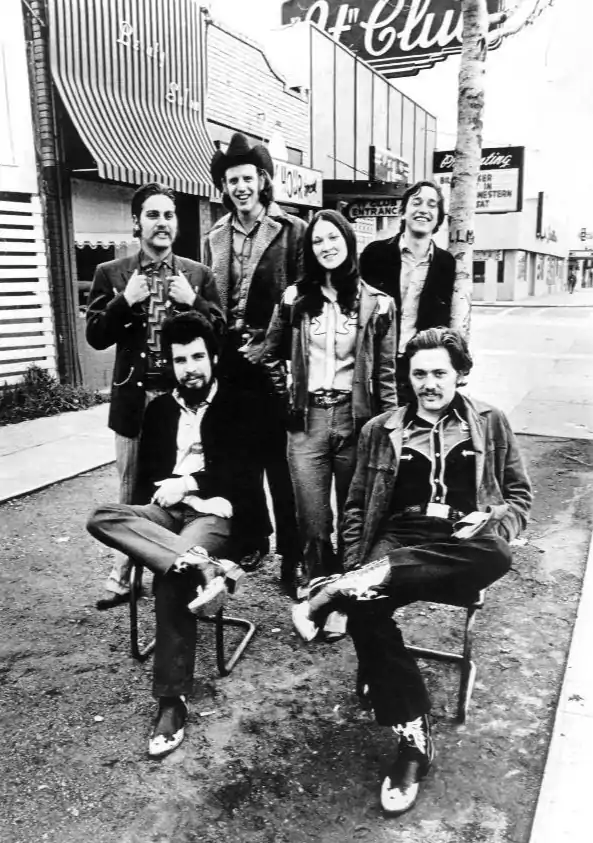
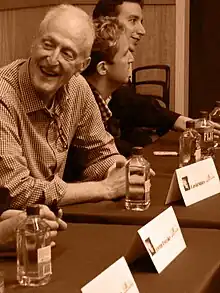


.jpg.webp)
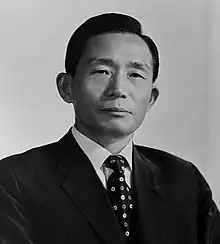
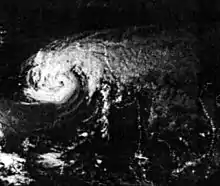

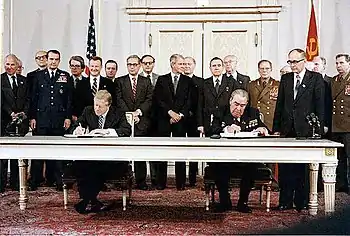






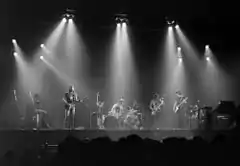


_gtfy.00132.jpg.webp)




.jpg.webp)

_Galaxian_and_very_early_Midway_(USA)_Galaxian_arcade_machines.jpg.webp)



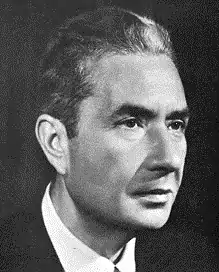
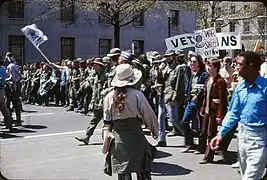



.jpg.webp)


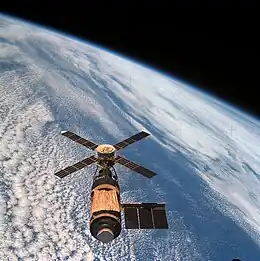
.jpg.webp)



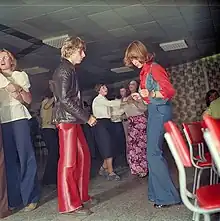
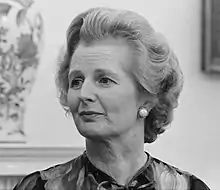



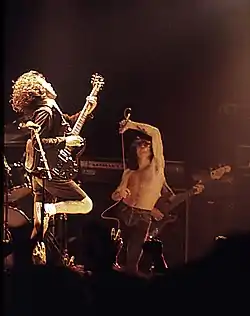
_One.jpg.webp)


.jpg.webp)



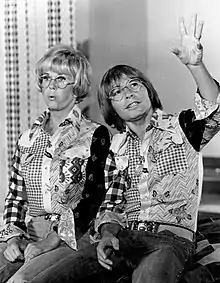


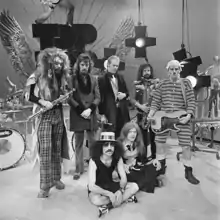



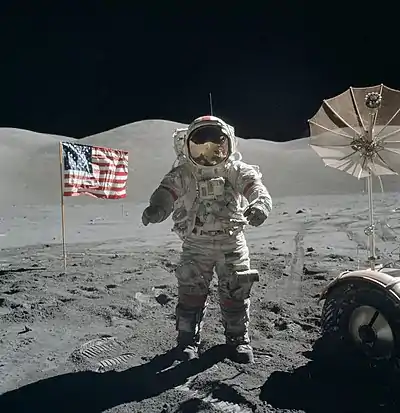

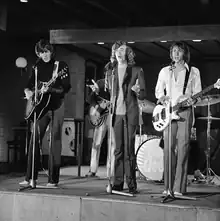

.jpg.webp)
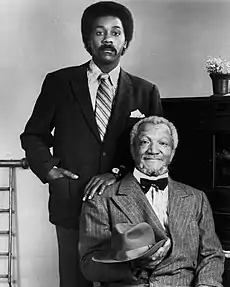


.jpg.webp)







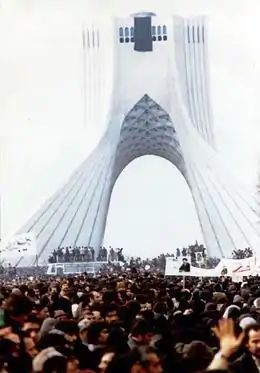
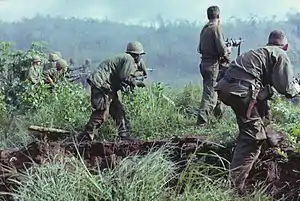


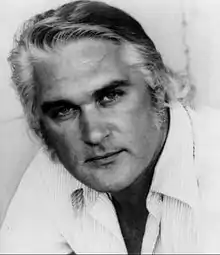





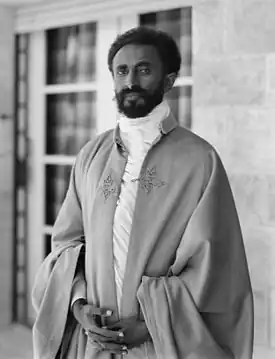

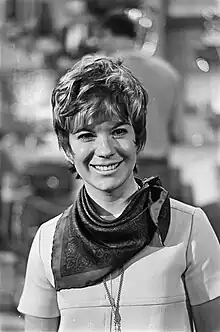
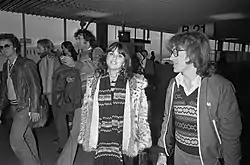


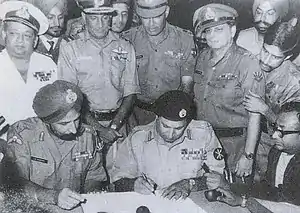
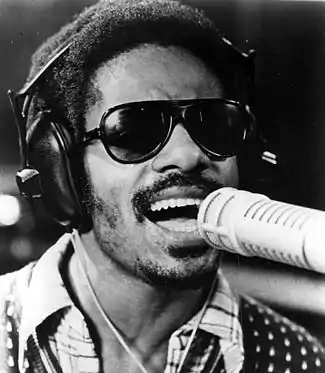




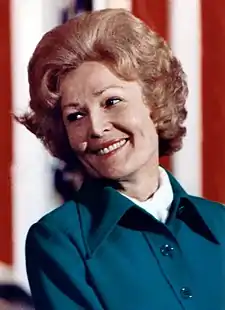






.jpg.webp)


